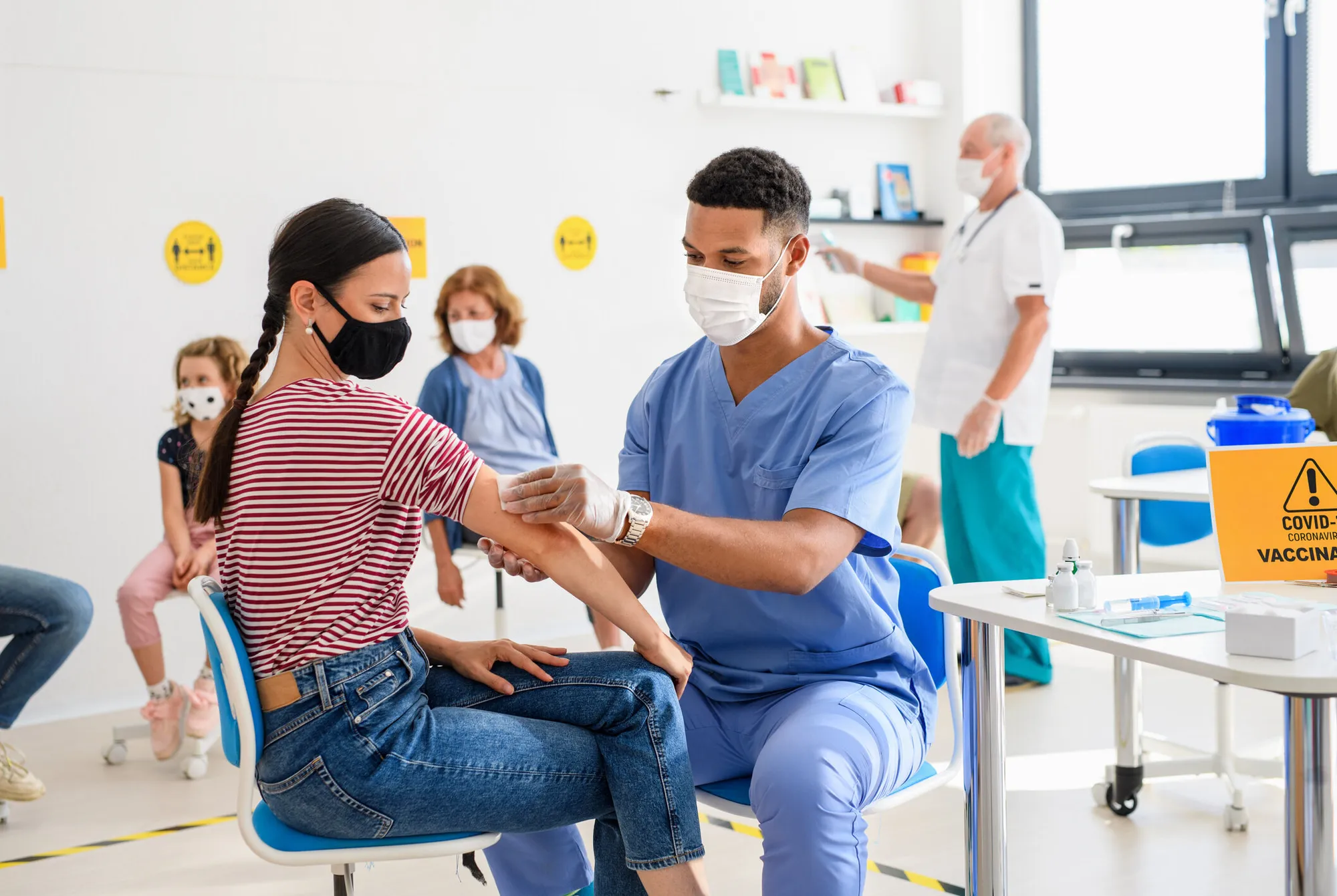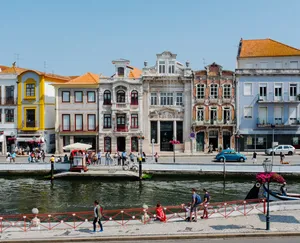As the world looks to reopen thanks to COVID-19 vaccines slowly, countries are trying their very best to implement and speed up nationwide vaccination programs to decrease the burden on health systems, protect those at a higher risk and restore a sense of normalcy.
Turkey has played its part and is already in the second stage of its vaccination drive, with the country's health minister saying he expects to transition to the third phase by summer.
With all that said, you might be wondering when and how you can receive your vaccine and what you should do to enroll in the program.
Q: How Can I Check My Eligibility?
The first and perhaps biggest question most people have is whether they are eligible for a COVID-19 vaccine in Turkey. Currently, you can choose between two COVID-19 vaccines in Turkey: the Chinese CoronaVac vaccine developed by Sinovac and the Pfizer/BioNTech vaccine, which goes by the name BNT162.
To check your eligibility for the vaccine, you will have to sign up to the government's health records platform "e-Nabız" (e-Pulse).
Whether you are on your computer or have the mobile app installed, you will see a clickable icon/bar that reads "COVID-19 priority status" at the very top.
Once you click on it, you will see if you are considered in the priority group or not. It will light up green if you are included in the current priority group.
If e-Nabız gives you the green light, our advice would be to get an appointment as soon as possible. Setting the second appointment for the double dose will be available within two weeks of your scheduled vaccination date.
However, don't fret if it says you are not. As the mass vaccination program picks up the pace and more people are vaccinated, the turn will come next.
Q: Can I Get a COVID-19 Vaccine in Turkey as a Tourist?
Unfortunately, for the time being, tourists in Turkey will not be offered COVID-19 vaccines. There are also reports that the Turkish government may also require inoculation certificates from certain countries this summer and eases into normalization once again. Turkey requires negative PCR tests obtained within 72 hours before travel for most tourists and may require quarantine if you have traveled from high-risk areas.
So far, the country's culture and tourism minister has said it may waive the PCR test requirement for British tourists, provided that the UK's vaccination program continues as planned.
Q: Can I Get a COVID-19 Vaccine as a Resident?
If you are a legal and duly resident in Turkey, you will be automatically included in the government's vaccination program and choose to get inoculated. You also have the right to refuse.
Foreign citizens who have residency in Turkey can receive their COVID vaccinations by going through the same Turkish citizen's process.
Q: How Is the Rollout Going for COVID-19 Vaccines in Turkey?
Prioritization by age group and health status applies to all residency holders.
According to the schedule the government announced back in January, the priority for the mass vaccination program is as follows:
Turkey divided its mass vaccination program into four main stages.
The first stage was for frontline workers and clinically highly vulnerable people, i.e., those aged 65 or above. This stage was also divided into three groups. The first group was healthcare workers and pharmacists; the second was workers and residents living in care homes for the elderly and the disabled and women's protection and child foster homes. The third group divided those aged 65+ into six subgroups.
Turkey has completed stage 1.
For the second stage, in which Turkey currently is in, those aged 50-64 and those considered key or essential workers for the continuation of the services sector will be inoculated.
As part of this stage, those in certain professions, such as press members, tourist guides, and teachers, will also be getting vaccinated.
However, Turkey decided to take a different approach at the beginning of April and made changes for those aged 60+, their spouses, and those with certain chronic illnesses, regardless of age.
The third stage includes those aged 18-49 with and without chronic illnesses. The government hopes to finish this stage by the end of the high season.
The fourth stage will be for those who have missed their vaccination appointments for one reason or another.
Note: If you have a disease that puts you in the high-risk/vulnerable person category, you may be offered a vaccine earlier than others, regardless of age.
Q: What Does This Mean for You?
If you are morbidly obese, are a cancer or dialysis patient, have Down syndrome, or are on immunosuppressive medication, you will be asked to set up your vaccination appointment and be included in the current priority group. It means that if you are 28 with lupus or a cancer survivor aged 45, you may be eligible for an appointment. When in doubt, always check your status on e-Nabız.
Q: Why Are Some People Prioritized?
Living in a communal setting where a virus can spread rapidly, being elderly, and having chronic illnesses puts you at a higher risk of catching COVID-19 or developing complications. Those with diseases such as lung or heart disease, diabetes, or conditions that affect their immune system are also prioritized because they are more vulnerable than the general population.
These groups are prioritized because COVID-19 is thought to cause more widespread damage and have higher hospitalization rates in such individuals. These people may also be taking medications that could affect their infection outcome and lower their body's immunity, making it harder to fight off the virus.
Those prioritized will change according to the country you are in.
Q: Do the Vaccines Work against the New Variants?
Trials are still ongoing to determine whether the current vaccines being administered are effective in new coronavirus variants. The most widespread is the UK variant, closely followed by the South African and Brazilian variants.
So far, Sinovac has said its vaccine is working against the UK and South African variants while tests are underway for the Brazilian variant.
Meanwhile, the Pfizer vaccine has been effective against the variant in the UK, but studies say it may have reduced protection against the South African variant. However, reduced protection is still a lot better than none.
Scientists are also currently exploring booster shorts and tweaks for vaccines.











Member discussion